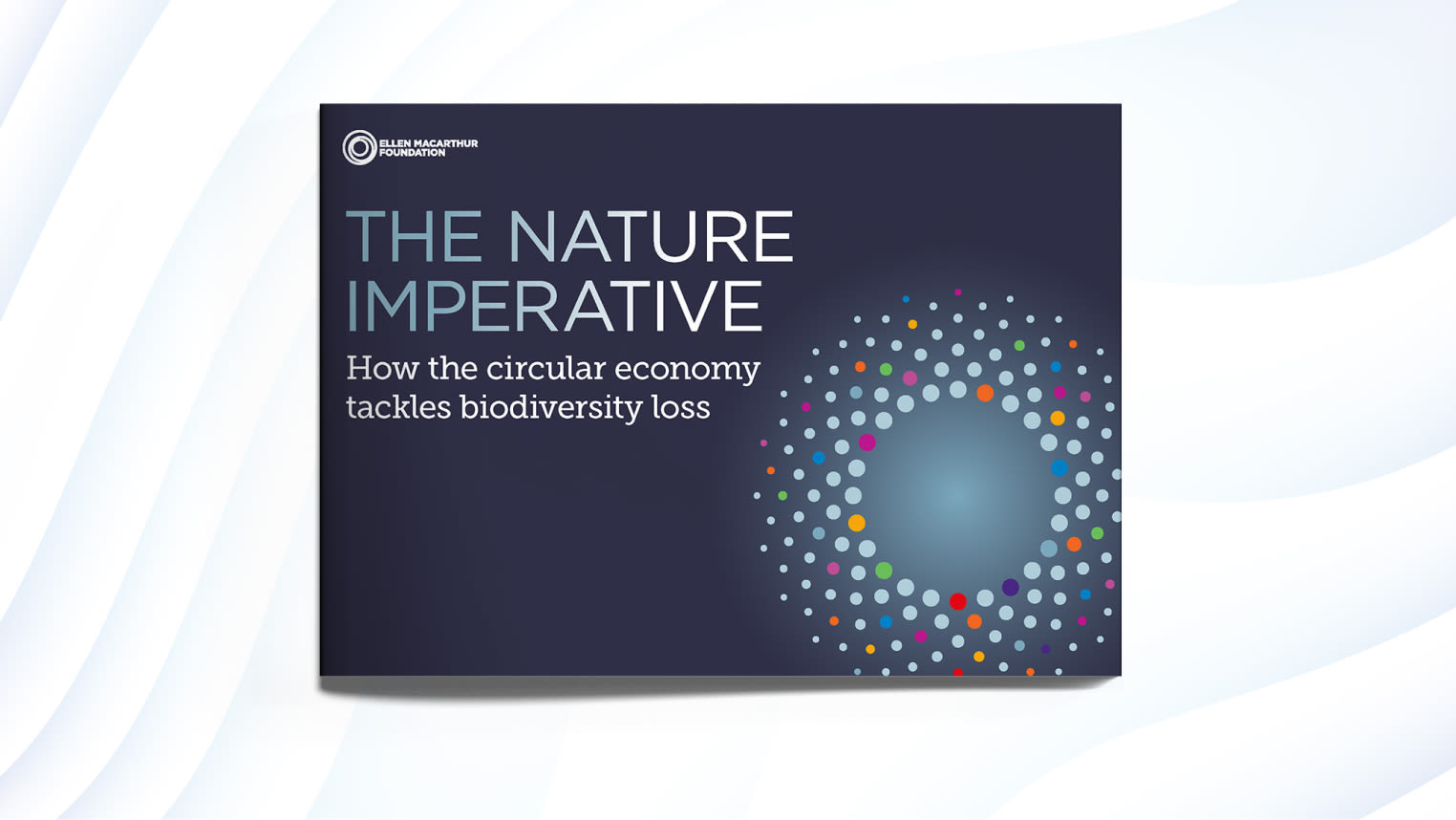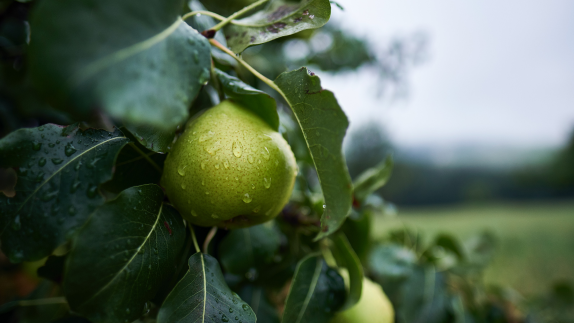Rizoma Agro is a Brazilian producer, researcher, and technology developer for regenerative organic agriculture. In its 1,200 hectares, it draws on schools of thought like agroforestry and intensive silvopasture (i.e. integrating trees with livestock), and uses practices like crop rotation, and integrated crop-livestock management to produce a wide range of products including corn, soy, oats, beans, citrus, ginger, turmeric, timber, and cattle. In 2019, it became the largest producer of regenerative organic grains and pulses in Brazil and now supplies major food companies like Nestlé and Unilever. By 2030, its goal is to grow organic crops regeneratively on 350,000 hectares in Brazil and to assist other farmers in their transition to regenerative practices.
Biodiversity benefits
The regenerative production approaches of Rizoma Agro have enabled its farms to approximately double their water retention capacity and sequester up to 41 tonnes of carbon per hectare each year (in just the first year after shifting to regenerative production, levels of soil organic matter on two farms increased from 2.7% to 3.3% and from 1.3% to 2.5%). Taken together, these effects can create healthier habitats on and around the cultivation areas for both above- and below-ground biodiversity, while helping reduce pressures on key biodiversity loss drivers such as climate change, and natural resource overexploitation.
This page is part of a deep dive into biodiversity and food, where we delve deeper into regenerating nature by redesigning food systems.







